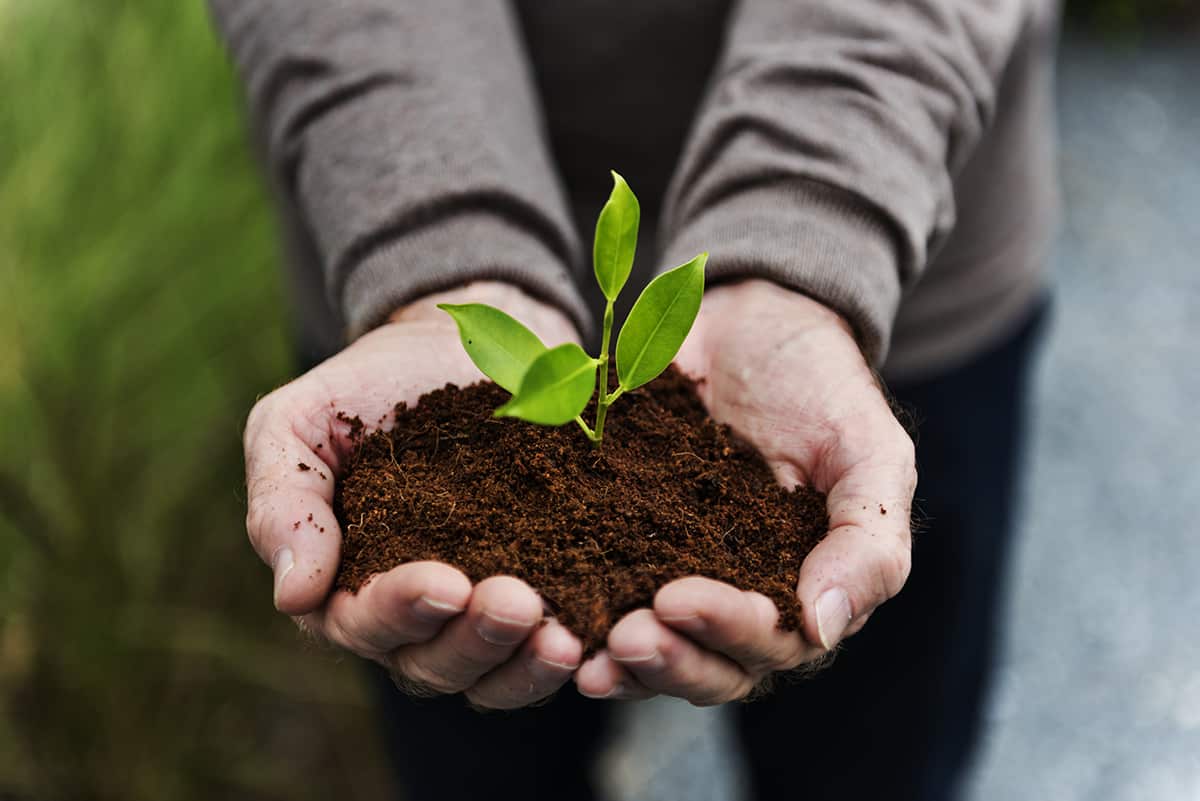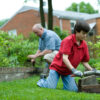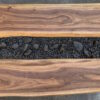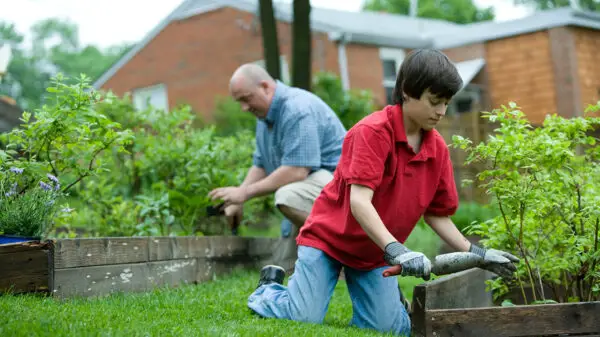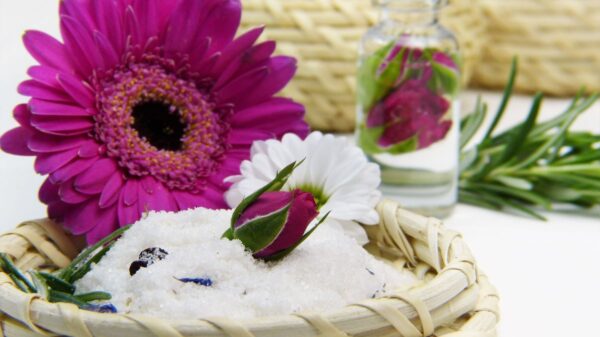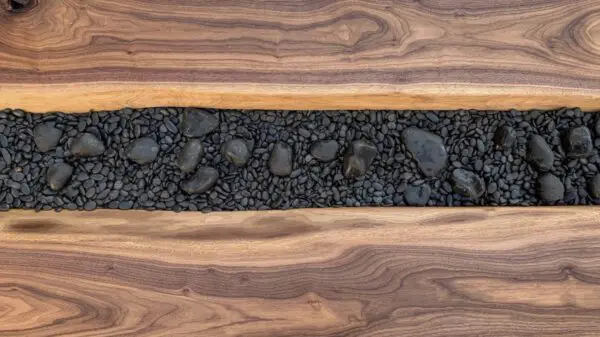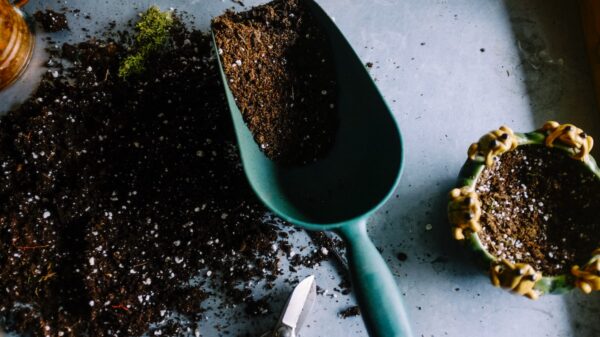Do You Need Soil Amendments?
Most people have not heard of soil amendments before unless you are a regular gardener. Any substance added to dirt that improves absorbency, water retention, or other properties is referred to as a soil amendment. The soil on which your plants grow is the foundation of any successful garden.
Most gardens, however, do not have ideal soil for plant growth; it’s nutrient-dense, well-draining, and long-lasting enough to keep water accessible for plant roots to reach it. Gardeners must prepare ahead of time for what nature has to offer in regards to the soil in their area, creating it in the process by adding materials.
Are soil amendments needed and what are they? Soil amendments are designed to provide a more healthy setting for roots to develop in. They can improve workability, water-holding capacity, or drainage. They may also add needed nutrients to the soil, though this is not their primary purpose.
To help control erosion and make garden maintenance easier, some people use mulch over their garden beds. Mulching requires a lot of organic matter but peat moss is a popular choice. It breaks down slowly, providing nutrients for the garden.
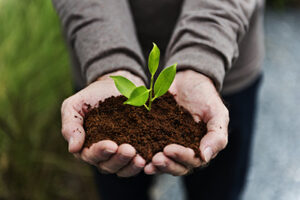
What Happens When You Amend the Soil?
Adding amendments to your garden increases overall health and plant growth rates. The type of amendment that you use will depend on what kind of soil you have.
A good example is adding lime or sulfur to soils that are too acidic (the pH is below 7). The soil is sown with a small amount and dug into the ground.
This process breaks up the compacted dirt and aerates it for air and water to reach plant roots.
Soil In Your Garden Continually Changes
Soil is in a constant state of change. Plants deplete it of nutrients, rain washes it away, and even well-amended soil will revert to its natural condition over time.
You’ll have to adjust your land regularly. The frequency at which you need to make changes depends on the type of soil you’re working with.
One of the best techniques used to grow your garden is to include organic matter as much as possible. The simplest method to do that is to start a compost pile. Start a compost pile and make use of those pulled weeds, fruit peels, and garden waste.
You won’t be able to produce enough compost for all of your requirements, but it will certainly do for the beginning.
Composted materials won’t provide much in the way of nutrients. They will help promote a healthy ecosystem that keeps the nutrients and soil pH balanced. It will also improve the soil’s texture and drainage.
Soil Texture Improvements
Most soils are devoid of organic matter, which is critical for the structure, water retention, and life of your soil.
The measurement of the soil particles’ size is soil texture:
Sand
These have the largest particles and are highly irregular in form. As a result, sand has a rough texture and drains extremely quickly. Sand does not readily compact.
Silt
Smaller than sand, these particles are irregularly shaped.
Clay
These are tiny, nearly flat particles that are microscopic. Clay is readily packed, leaving little opportunity for air or water to move about.
Sandy Loam
The ideal garden soil is sandy loam. It contains a combination of all three basic textures.
Do not buy sand to mix with your clay soil or vice versa. You can accidentally make cement with your concoction. You will have then made a big mess. The equation is more complicated than simply finding two similar soils.
Organic Matter Defined
In gardening, organic matter refers to a material that contains carbon-based chemicals and is usually used by gardeners. It’s used as fertilizer for plants so they can flourish. Decaying plant or animal waste are examples of organic substances.
Adding organic matter to soil improves the structure of all kinds of soils, from gritty sand to hard clay. It makes sandy soil more water-retentive, allowing it to retain moisture longer for the plants to take advantage of. It also aids drainage in heavy, clay soil.
A great benefit of adding organic material to the garden is that it nourishes the soil’s microorganisms and insects. This creates a suitable environment for all of these soil bacteria and organisms, who work with and assist a plant’s health and development.
Beneficial bacteria in your soil have a profound influence, and it’s difficult for bad microbes to thrive. Because the good guys consume nematodes and other soil-borne diseases, the bad guys have a harder time surviving.
When beneficial microorganisms die and decompose, they release nutrients into the environment, making your plants healthier as a result of their efforts.
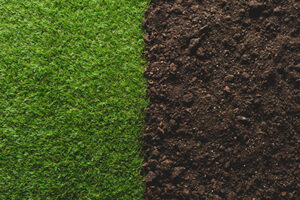
Great Examples of Organic Matter
- compost
- composted manure
- peat moss
- coir
- leaf mold
Plus, any other plant or animal remains or waste products are all examples of organic matter.
This may not seem like something you would want in your garden, but it’s beneficial when handled correctly. As organic matter decays in the soil, it increases nutrient and water retention. You can add organic matter to your soil before planting or add it into the top few layers during your garden’s life cycle.
Soil pH Adjustments
You may also make changes to the soil’s pH. The soil’s pH must be within a suitable range for plants to access nutrients in the soil. Some plants like slightly acidic or alkaline soils.
While others prefer neutral soil with a pH of about 6.5 to 6.8. To determine what your current pH is, you can purchase a test kit or send a soil sample to a lab.
Soil pH is not something you will need to adjust very often. However, it’s still important to keep an eye on the reading for optimal results.
You can always ask your nursery, garden center, or gardening professional for help. However, you may also simply experiment with different amounts of lime and sulfur to figure out the pH level that works best for your plants. You should test your soil at least once a year. Organic material can dissolve minerals within the soil, making them available to plant roots.
Many organic amendments also add nutrients to the soil, although they are not classified as fertilizers. Adding organic matter to your soil improves the quality of your garden soil and helps to maintain a natural balance in your garden. You may add it as an amendment and work it into the earth.
Try taking the simpler approach of mulching your garden. It will eventually get incorporated into the dirt. Organic matter does so many wonderful things for a garden, it’s just silly not to take advantage of it. There would be no organic gardening without organic matter.
Here Are Some Helpful Tips When Adding Soil Amendments
- Soil can appear to be idle when it isn’t. Many components go into making excellent soil.
- It’s critical to understand soil texture, nutrients, and pH levels.
- Don’t feel embarrassed if your garden dirt isn’t up to par.
- Few places have ideal soil without any adjustments being made.
- Make sure you know what your soil requirements are in the soil.
- It is more difficult to break apart clay soil than other types of soil.
- Learn how to grow plants with deep roots that assist break up the soil without your involvement.
- The fundamental idea of organic gardening is to feed the soil and let it nourish the plants.
- Organic gardening will help maintain your soil in excellent form.
- Some plants are voracious eaters, so you’ll need to fertilize them occasionally. It’s important to know the difference.
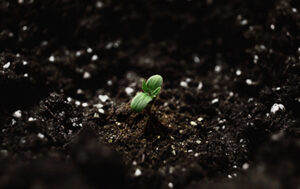
What About Fertilizer?
A lot of garden soils are high in nutrients. If they contain a lot of organic material, they will be guaranteed to have enough nutrients. If the need for more nutrients is indicated by a soil test or poor plant health, you’ll have to choose between natural organic goods and synthetic fertilizers.
Synthetic fertilizer has a few advantages. It’s usually less expensive than organic fertilizer, and it works quickly. However, it does not truly improve the soil; rather, it merely feeds the plants.
Organic fertilizers also release nutrients gradually over time. Because you won’t receive an immediate cure with synthetic fertilizers, you won’t get an instant effect. Although, the feeding will last longer.
Conclusion
Soil amendments are used to adjust the quality of dirt in your garden. This is usually done to increase nutrient levels, change pH levels, or get rid of contaminants.
Organic matter is one of the most important soil amendments because it can enhance almost any aspect of your dirt. Whether you want more nutrients or a better pH balance, organic matter will make your soil perfect for gardening.
While dirt may seem boring and inert, don’t underestimate what it can do to improve your garden. If you add amendments from the beginning of a new garden or while revising an old one, the result will be rewarding.
Start with some organic material or some compost and go from there. You’ll be happy you did. Soil amendments are important for any gardener to know about and understand.
If you take care of your soil, it will take care of your plants. Organic matter is one of the most elemental aspects of maintaining an excellent garden, so never underestimate its importance in a garden.


